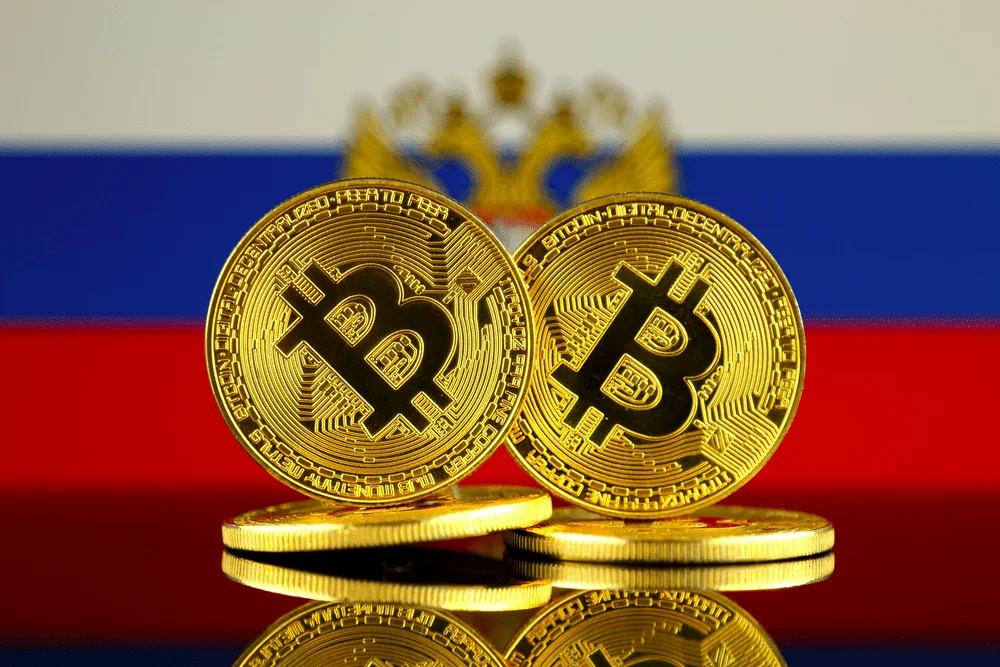In response to Western sanctions imposed after Russia invaded Ukraine earlier this year, the country is allegedly considering accepting cryptocurrency for international payments.

Ivan Chebeskov, the head of Russia’s Finance Ministry’s Financial Policy Division, is actively studying the potential of introducing crypto payments, according to the Moscow-based Interfax news agency and Reuters. “The use of digital currency in international settling transactions is being intensively discussed,” he stated.
The Finance Ministry is considering including the suggestion on overseas payments in an amended version of a crypto law that is still in the works, according to the local newspaper Vedomosti.
The Russian administration looks to be united in its support of cryptocurrency legalization. Moscow intends to legalize cryptocurrency payments “sooner rather than later,” according to trade minister Denis Manturov. The country’s Finance Ministry backed legalization in April with a measure called “On Digital Currency.”
In the same month, the Bank of Russia’s governor revealed that the central bank was reviewing its anti-digital asset stance. Cryptocurrency is being evaluated as one of the various strategies to reduce the impact of Western sanctions on the Russian economy, according to Central Bank Governor Elvira Nabiullina.
Given that the crypto market is neither large nor liquid enough to satisfy a sovereign nation’s transaction demands, it’s unclear how Russia would be able to employ digital assets to circumvent Western sanctions.
To begin with, the US Office of Foreign Assets Control (OFAC) has prohibited any American from doing business with individuals or businesses on its Specially Designated Nationals and Blocked Persons (SDN) List.
Regardless of the payment channels in place, conducting business with Russian SDNs is prohibited. Jake Chervinsky, the head of policy at the Blockchain Association in the United States, explained:
“There’s zero reason to think crypto’s existence will convince any of them to willfully violate sanctions laws, risking fines & jail time.
